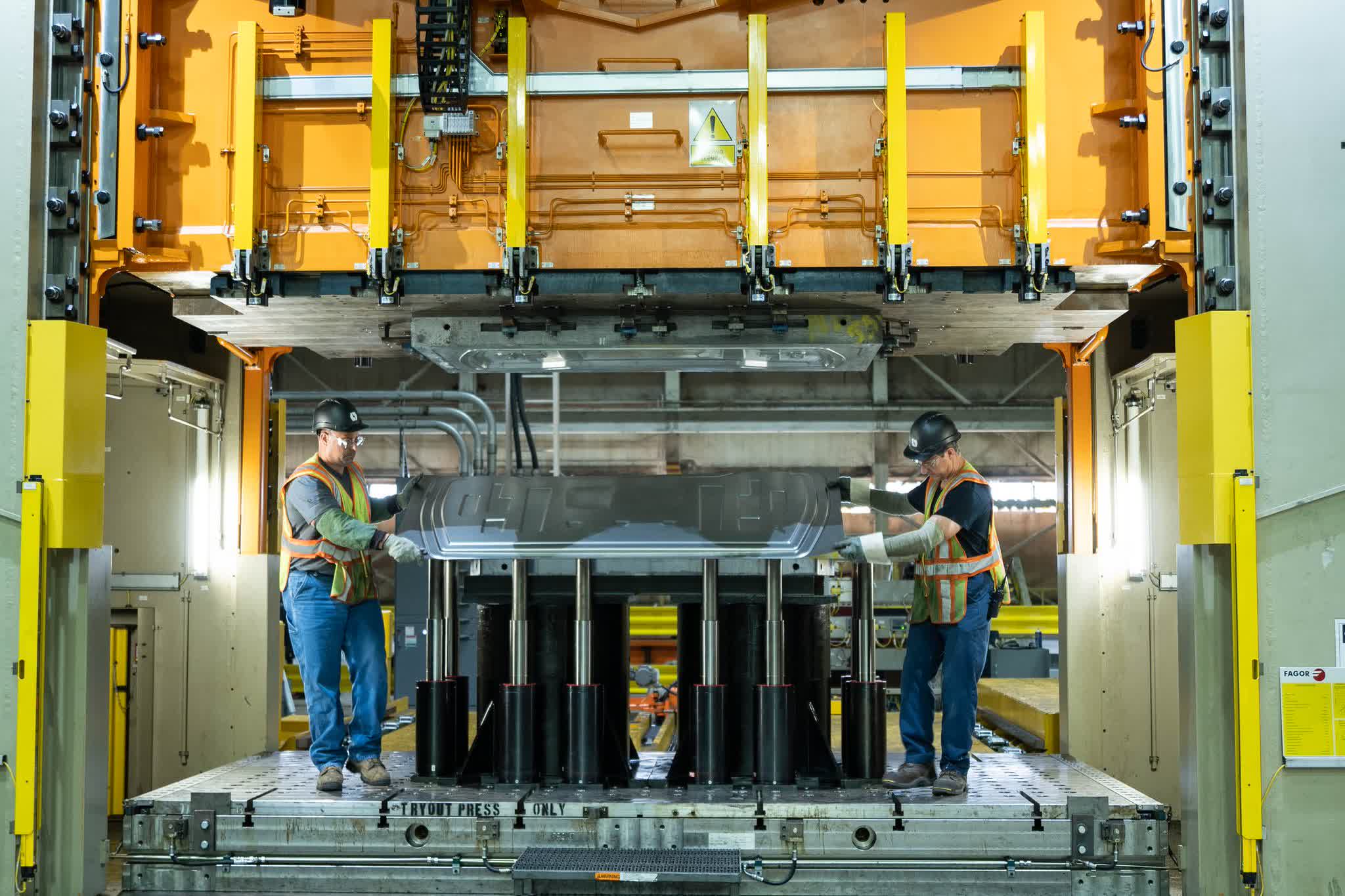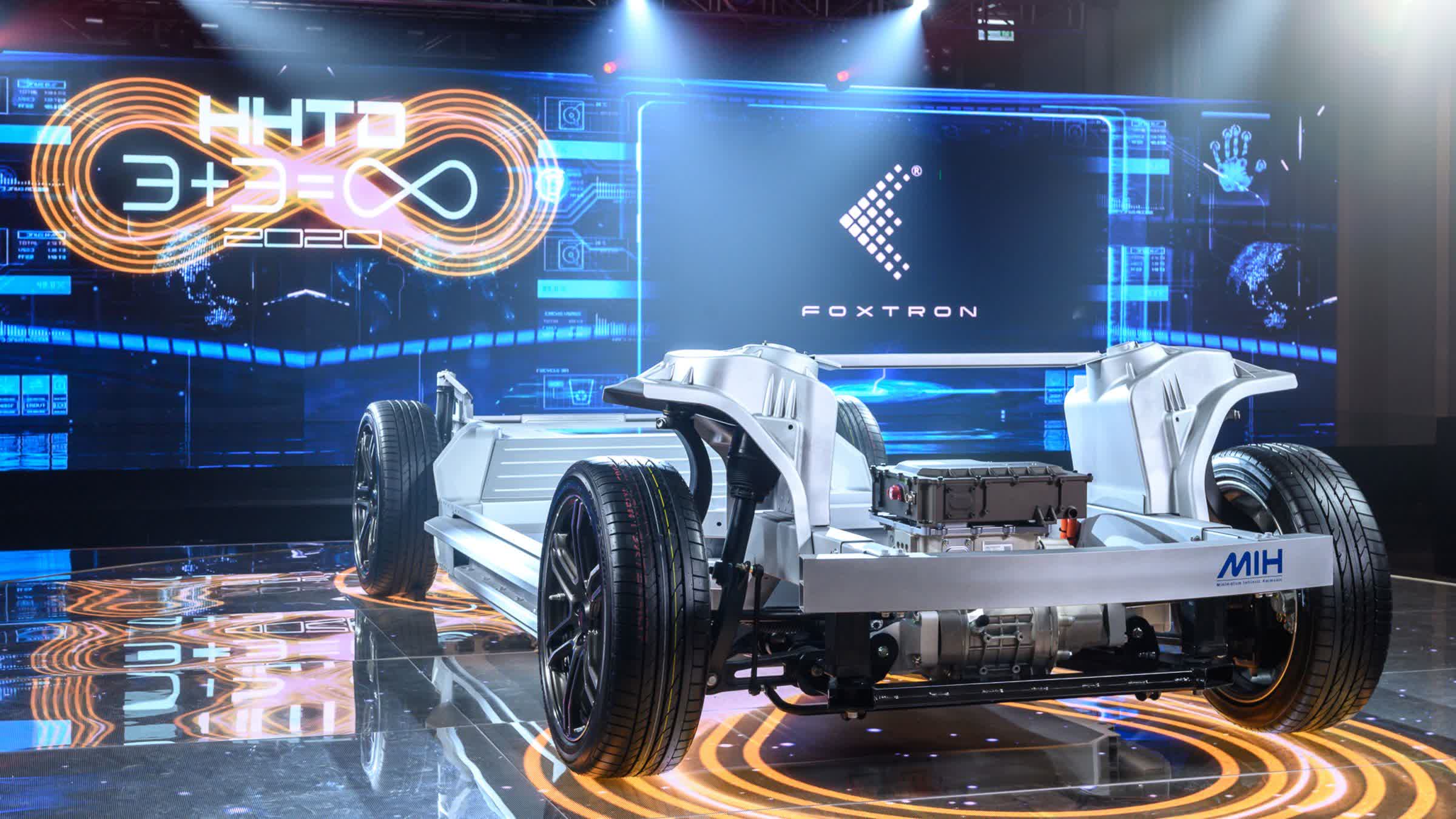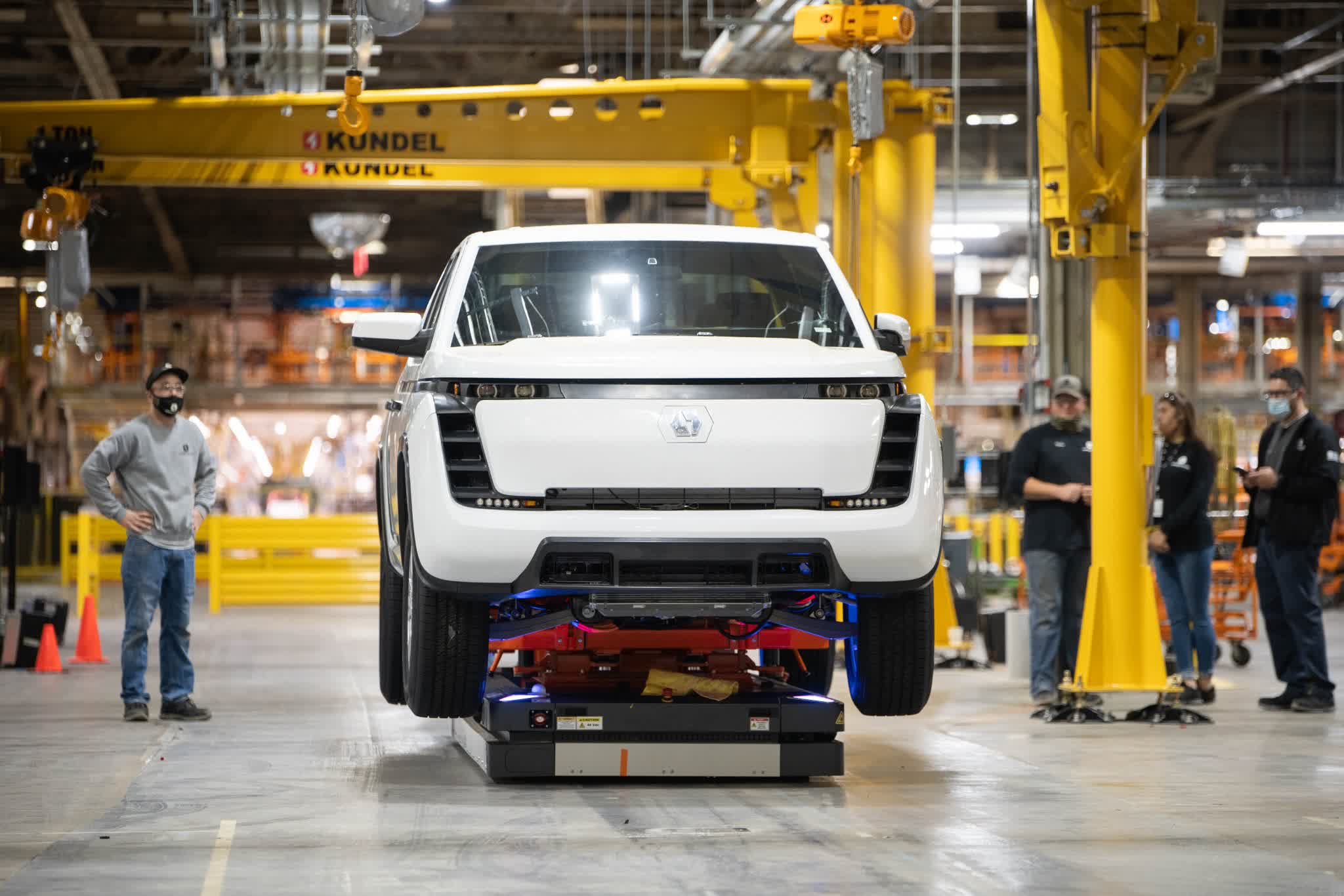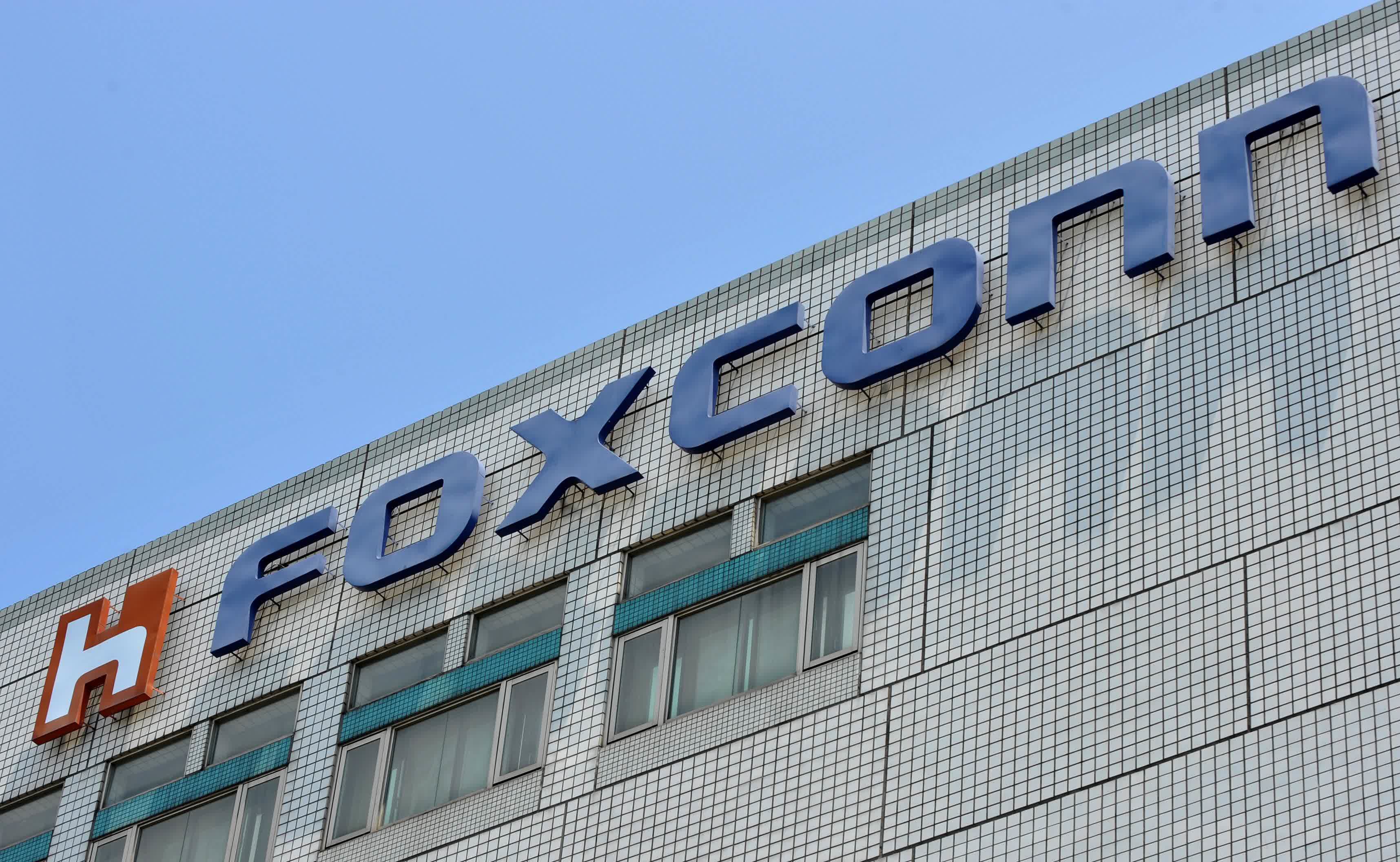In context: It's no secret that Foxconn has set its sights on electric vehicles. Parent company Hon Hai Precision has been making bank on assembling iPhones and PCs, but it also wants a piece of the EV pie, especially as governments are pushing for the electrification of everything.
Recently, the Taiwanese company purchased Lordstown Motors Corp.'s electric truck factory in Ohio. The deal is valued at $280 million, and will allow the struggling EV startup to stay afloat, while Foxconn gets to have its first ever EV factory. The latter company will also build Lordstown Motors' electric pickup truck at the facility while it pursues its own electric car projects.
Foxconn has been trying to establish a significant presence in the US for years, but only managed to build a factory in Wisconsin that could, at most, build robotic coffee houses. This was originally supposed to be an LCD manufacturing plant, but Foxconn has given up on that goal and also reduced its planned investment to just $672 million from $10 billion.

When Lordstown Motors bought the Ohio facility from General Motors, it poured $240 million into retooling it to build its Endurance electric pickup truck. However, it has struggled financially ever since, and is now the subject of two separate probes from the Department of Justice and the Securities and Exchange Commission.
Foxconn Chairman Young Liu says the Lordstown factory will help spearhead the company's EV efforts, as it was already planning to build an EV factory in North America. Earlier this year, Liu told investors during an earning call that Foxconn was planning to invest up to $1 billion into a manufacturing plant that would be capable of producing 10,000 electric cars per month.

The Taiwanese company has been talking up plans to build the "Android system of the EV industry," which is essentially a barebones EV platform that big brands and startups can customize to their linking. The project is dubbed MIH, and already has over 400 companies backing it, including Texas Instruments, ST Micro, Amazon Web Services, MediaTek, and Qualcomm.
This new open-source EV platform is key to Foxconn's "3+3" plan to improve its gross margins to at least 10 percent by 2025. By expanding into electric cars, the company is greatly increasing its chances of reaching that goal. Liu says the target is to manufacture three million electric vehicles annually by 2027, which would be 10 percent of the estimated global volume for that year.
To that end, the company has been forging partnerships with companies like Fiat Chrysler Automobiles NV and Fisker, the latter of which plans to make over 250,000 electric cars per year in the US with Foxconn's help. At the same time, there's a flurry of EV startups looking to disrupt big automakers, and Foxconn could help them figure out how to cheaply manufacture electric vehicles that sell for tens of thousands of dollars each.

Manufacturing EVs is much more challenging that consumer electronics, but Liu is confident the company has the drive and expertise to overcome any challenges. Its main advantage over traditional automakers is speed, but that will depend on whether the company can develop the necessary supply chain, especially when it comes to sourcing the large volume of batteries needed to make electric vehicles.
It's also possible that Apple might lend a hand to Foxconn during its expansion into electric vehicles. Not much is known about the state of the Cupertino giant's EV project, but it's definitely high up on CEO Tim Cook's agenda. Cook will reportedly retire only after overseeing the release of one major new product category, and that could be an electric car or a mixed reality headset.
In the meantime, Foxconn is building an EV manufacturing plant in Thailand that is expected to begin rolling out 50,000 units by 2023 and ramp up to 150,000 units per year by 2030. At the same time, the company is working out deals with battery makers and recently bought a Taiwanese chip plant to secure much-needed semiconductors for EVs.
